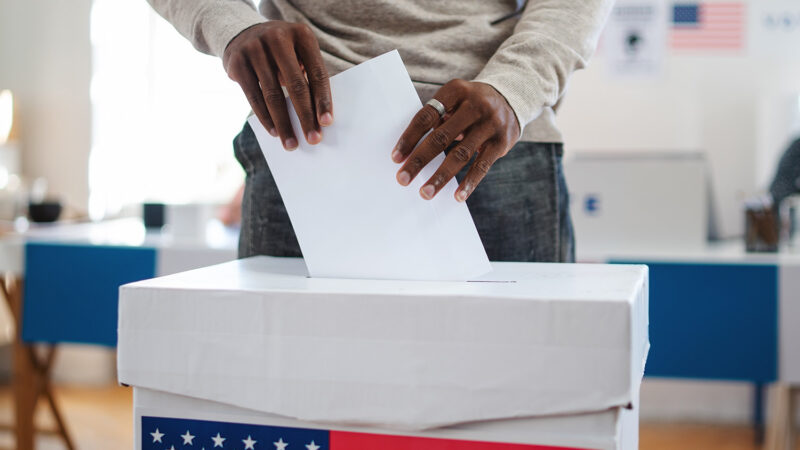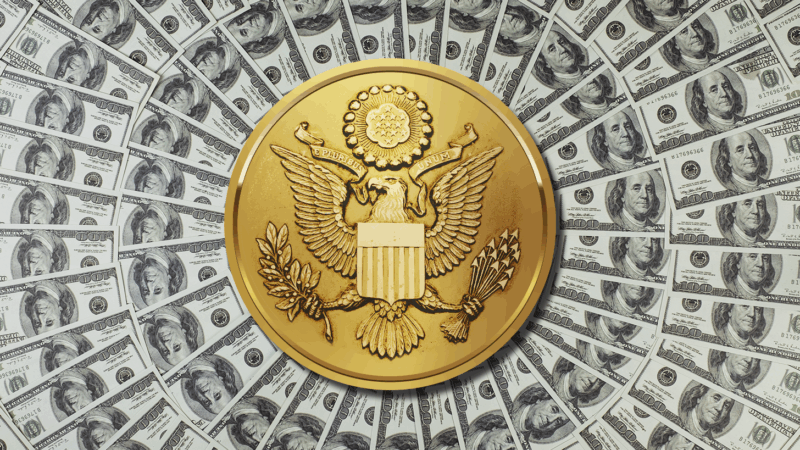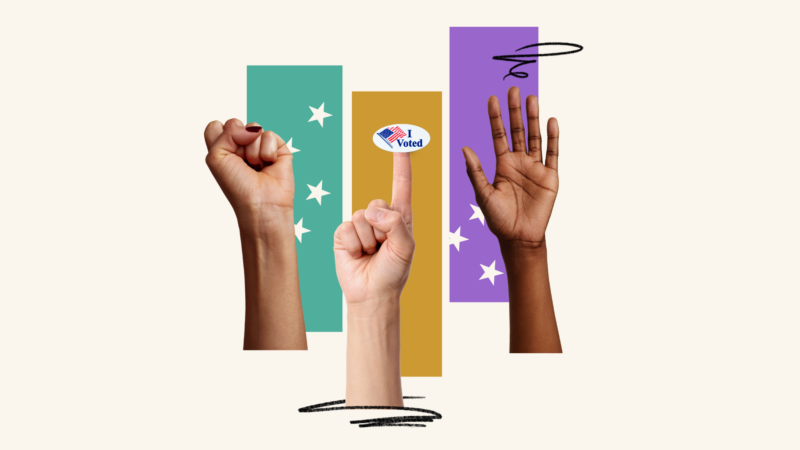Jennifer Dresden is a Policy Strategist at Protect Democracy, where she helps teams leverage leading social science research to inform their work in defense of democracy.
Why do we need political parties?
- April 19, 2024
The unpopular but necessary building blocks of democracy
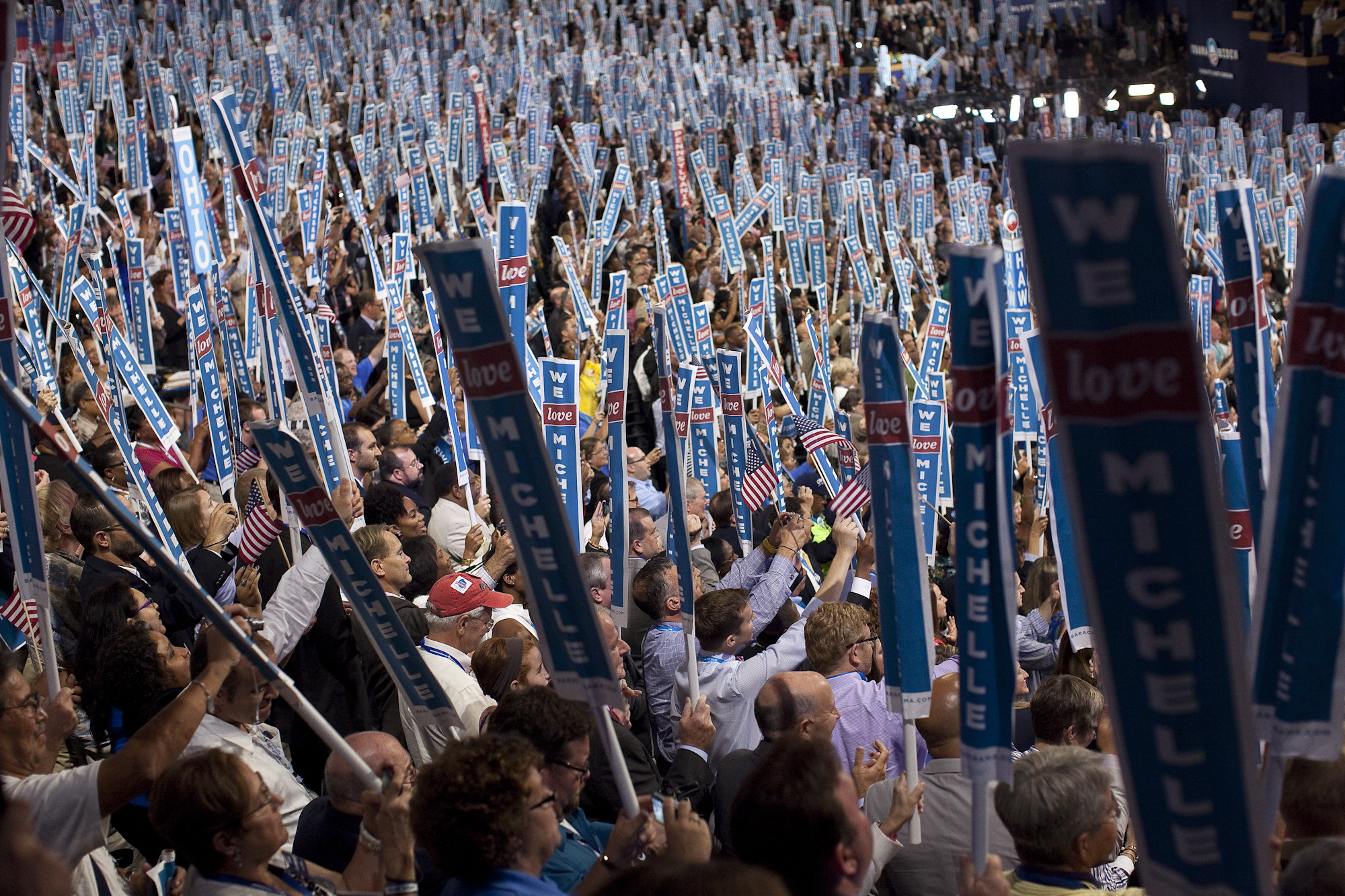
Key Highlights:
- Scholars and empirical evidence make clear that democracy is “unthinkable” without political parties.
- Attempts to weaken parties often backfire—either by failing outright or creating shadowy entities that are less transparent than political parties.
- Political parties engage in critical activities that, when done well, make our democracy more representative and responsive—including helping communities win political representation; engaging and informing voters; and enforcing democratic norms.
- The solution is more political parties that are better connected to the supporters they claim to represent.
Americans dislike and distrust our political parties; a mere 11% of Americans express high confidence in them when compared to many other institutions, reflecting their well-deserved reputation as a vulnerability to American democratic stability. And yet, parties are essential organizing institutions in any modern democracy. The size and complexity of the multiple levels of government in the United States and the diverse and distributed nature of the electorate necessitate organizations that can serve as the connective tissue of our politics and promote a multiracial, pluralistic democracy. Accordingly, “modern democracy is unthinkable save in terms of the parties.”
Yet, there is a natural impulse to view the parties as the problem and seek to further weaken or even try to eliminate them from our politics completely. Despite the understandable frustration with our political parties and a historical context that includes their intentional exclusion from the Constitution, a variety of reforms that weakened parties over time have served only to exacerbate the problems we have today.
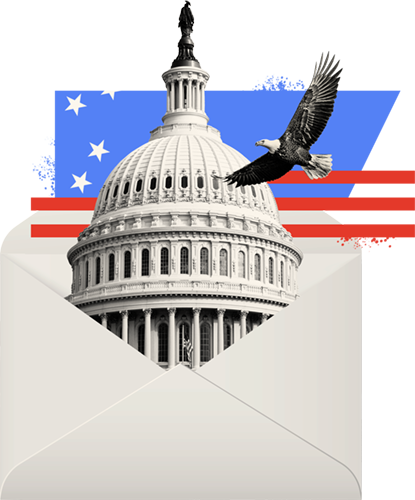
Want more Democracy Insights?Subscribe to our weekly newsletter
Healthy political parties make our democracy accessible and responsive
For a healthy democracy to function effectively, it needs political parties.
Political parties can and should stabilize democracy by organizing politics and facilitating political participation. Where they do so responsibly, voters can identify the party that most closely matches their political beliefs and values and find ways to be engaged in democratic life.
While there are many ways in which political parties contribute to stabilizing and bolstering democracy, the following are vital to sustaining a system that is representative, responsive, and resistant to authoritarian takeover.
The main goal of political parties is to win elections. In a democracy as large and diverse as the United States, they can only do that by being attractive spaces where groups of voters with different interests can coalesce into blocs large enough to succeed at the polls. In the best of circumstances, this means that political parties are the institutions where various interest groups negotiate their differences in order to cooperate on election day and beyond. Thus, parties can provide a critical platform to a diverse set of voices within the electorate.
Political parties have an essential role in explaining the stakes of policy issues to their supporters, as well as in mobilizing them during and between elections. Parties work to “get out the vote” and boost participation in elections. Between elections, they provide a vehicle for people to participate in politics. Where parties establish and maintain a reasonably coherent set of policy views, the party label itself offers important information to voters on election day. Americans vote more often and for more offices than almost any other democracy, and the average voter would find it nearly impossible to research every candidate in every race. Where parties are well-connected to society and have a meaningful platform, party labels can give voters a shortcut for identifying the candidates most likely to support their interests and those of their communities.
Prior to election day, parties have a critical role to play in elevating candidates for office who are capable of doing the job and likely to appeal to voters. At local levels, this often involves encouraging talented individuals to run for office in the first place, an important part of bolstering political participation. At state and national levels, parties are responsible for narrowing the field of potential candidates. Healthy, pro-democracy parties also assess a candidates’ commitment to democratic norms during this recruitment and selection process. Where demagogues or would-be authoritarians try to pursue elected office, political parties are the crucial first institutional barrier to those efforts.
Imagine a political system in which there were no stable coalitions, governors or presidents had to work with legislatures that had little meaningful leadership, and every piece of proposed legislation required securing support one member at a time. Governing would happen at a snail’s pace (if at all) and responding quickly to important issues would be next to impossible. Political parties provide the organized “teams” that are needed for elected officials to cooperate productively.
In short, political parties can and should stabilize democracy by organizing politics and facilitating political participation. Where they do so responsibly, voters can identify the party that most closely matches their political beliefs and values and find ways to be engaged in democratic life. Office holders can rely on parties to help them cooperate with one another and govern. This engagement and efficacy helps citizens feel represented and reinforces support for democracy itself, particularly where parties uphold democratic norms among their members and leaders.
The problem isn’t political parties — it’s political party weakness
The history of American democracy and democratic reform is full of well-intentioned efforts with unintended consequences; reformers often tinker with some element of our political system (election rules) without always addressing or accounting for another key element of our democratic system (political organizing). The adoption of partisan primaries provides a powerful example. Primaries were meant to empower voters rather than corrupt party bosses in the selection of candidates, an attempt to increase “voters’ confidence and shor[e] up democratic responsiveness” as many current reforms seek to do. However, in effect they also disregarded the organizing and connecting role political parties played. Over time, primaries have also hampered the functionality of government by weakening party leaders’ ability to meaningfully vet candidates for office—leading to fewer candidates with experience and “posturing over legislating.” Similar patterns have played out in areas such as campaign finance reform.
These dynamics have accumulated over time and chipped away at some of the key characteristics of healthy parties. Today, we have professional, campaign-oriented parties that are less responsive, less representative, and less capable of the “mobilization functions they once performed.” Reformers today should not repeat the mistakes of the past: sidelining parties as institutions has harmful long-term effects on our democracy. And ultimately it will do very little to reduce extremism or combat corruption.
When political parties don’t do their jobs, democracy suffers
While healthy, responsible parties meet these needs in a responsive and representative democracy, America’s two-party system too often does not. Our winner-take-all electoral system, which relies on primaries to select candidates, weakens parties and our democracy. More recent changes in campaign finance regulations and the media environment further undermine parties’ representativeness, accountability, and transparency.
When parties are weakened in this way, one of two things happens. In some cases, the quality of our democracy simply suffers. Voters become apathetic, governing runs up against gridlock, and candidate quality plummets. In other cases, quasi-institutions of non-representative, unaccountable groups begin to fulfill traditional party functions while being beholden to their own interests (e.g., Super-PACs with minimal disclosure requirements). Indeed, history has shown that efforts to exclude parties either fail (to great consequence for electoral innovation) or lead to “party-weakened alternatives that . . . are often worse than what existed before.”
Political parties are a necessary feature of democratic life. No other institutions in our political system have the same opportunity to either enforce democratic norms or threaten the entire democratic system.
Can we expect parties to self-correct out of electoral self-interest? While we might expect voters to hold parties who abandon their responsibilities accountable at the ballot box, electoral results do not bear this out. Despite the fact that people have such a low regard for parties, partisan identity remains strong, leading voters to often support whomever their party nominates over the nominee of an opposing party. This dynamic of weak parties incapable of establishing and enforcing democratic norms and strong partisanship leads to seeming endorsement of unrepresentative and authoritarian factions by voters who share the same partisan identity. These factors leave parties open to influence and takeover by motivated, undemocratic forces while well-funded, less transparent, minoritarian institutions outside of party organizations fundraise, set policy agendas, and influence elected officials without accountability and input from the voting public.
Political parties are a necessary feature of democratic life
Political parties are a necessary feature of democratic life. No other institutions in our political system have the same opportunity to either enforce democratic norms or threaten the entire democratic system. No other institutions have the same abilities to link voters to elected leaders and to incentivize cooperation over narrow, individual self-interest. So as much as Americans may be disappointed with their track record in our two-party system, getting rid of political parties is not an option. But, neither is blindly handing more centralized power to political parties. Instead, we need reforms to political parties and our electoral system that incentivize and enable parties to be more representative of their voters, responsive to their varied interests, and resistant to takeover by authoritarian factions. We need healthier parties, and we need more parties. A Democracy of Tomorrow that is “more inclusive, more equitable, and more just will require reasserting and repurposing parties, rather than rejecting or displacing them.” The right approach to reforming parties can bring that future a bit closer.
Related Content
It can happen here.
We can stop it.
Defeating authoritarianism is going to take all of us. Everyone and every institution has a role to play. Together, we can protect democracy.
Donate
Sign Up for Updates Sign Up for Updates
Explore Careers Explore Careers
How to Protect Democracy How to Protect Democracy


